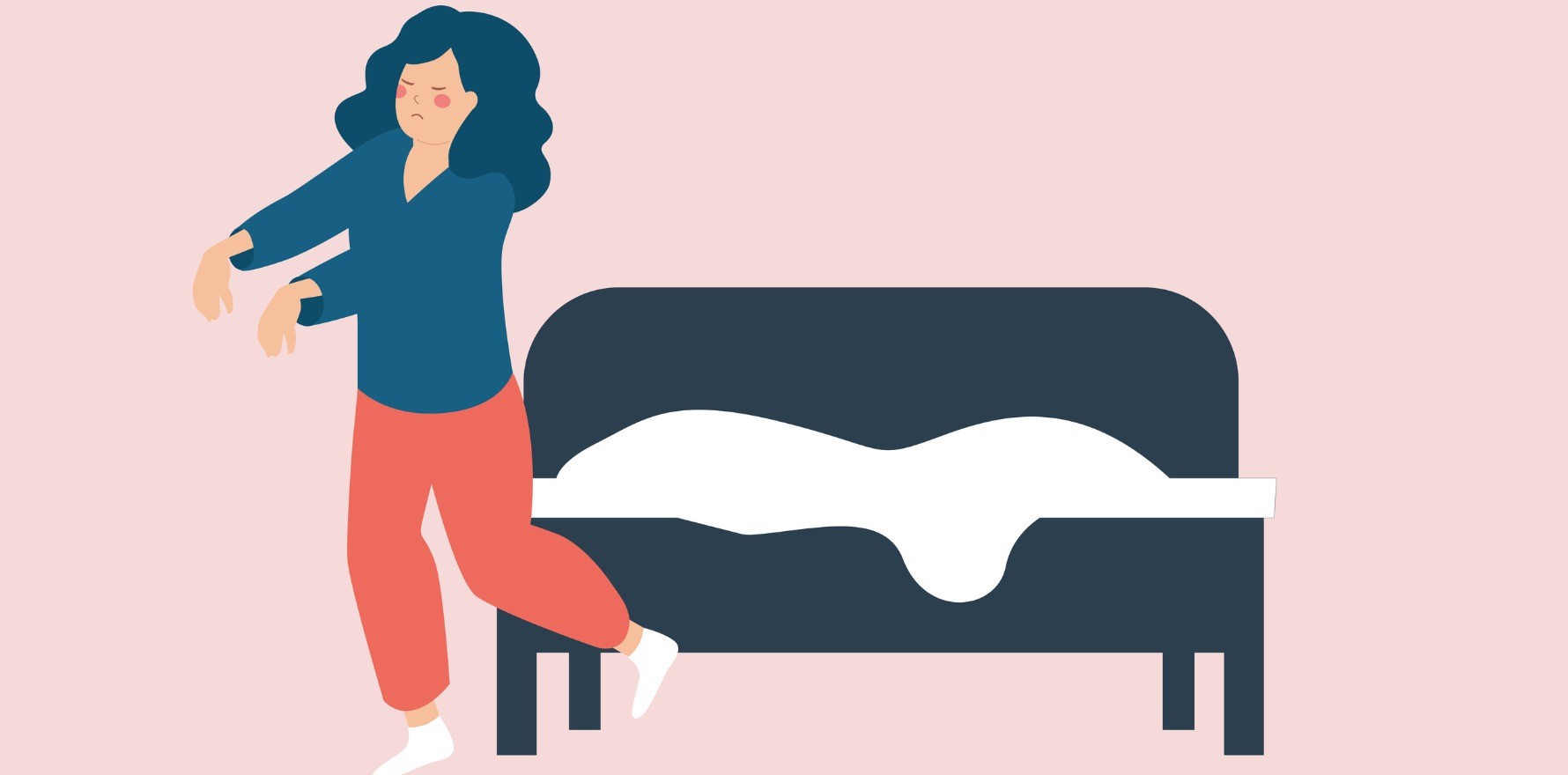While most women won’t experience the extreme symptoms of menopause, a significant minority find it a nightmare.
Women who enter menopause early are often unaware that it’s unusual and fail to seek medical advice, leaving them vulnerable to predatory marketing, results from the 2023 National Women’s Health Survey indicate.
While the proportion of women who experience serious symptoms is in the minority, menopause is still catastrophised in media and public discussion, a new report based on the survey said.
This characterisation has helped create what the report describes as “powerful commercial incentives” for businesses to market products and services as being able to “fix” menopause.
“Women are, to some extent, sleepwalking into perimenopause without really understanding what it is and that it is manageable,” said Dr Sarah White, CEO of Jean Hailes for Women’s Health.
“I think GPs can play a really big role there … if they talk to their patients and interrogate the symptoms that someone might be having, to be able to provide some education, steer women towards great sources of information, so that those symptoms aren’t coming in such a shock and women aren’t trying to soldier through without getting the right clinical care.”
The report specifically looked at the impact of symptoms attributed to menopause in a large, representative sample of Australian women and was put together by Jean Hailes for Women’s Health, Monash University and the Australasian Menopause Society.
Just under half of women under 44 who had bothersome symptoms attributed to menopause reported seeing a doctor to discuss their symptoms, compared to around 64% of women aged 45 and above.
“They’re experiencing symptoms that are unexpected, that they think could be menopause, and yet they’re not going to see a doctor despite the fact they really wouldn’t be expecting to have menopause symptoms under 44,” Dr White told The Medical Republic.
About two-thirds of the women younger than 44 who were experiencing bothersome symptoms but hadn’t visited a doctor said this was because they didn’t think the symptoms were bad enough, and around a quarter said they didn’t think anything could be done.
“It could be that a lot of them had symptoms that were just a little bit annoying but they managed them – or it could be that women just think they have to put up with it, which is what we don’t want them to think,” said Dr White.
Overall, the survey found that only around a third of women experience bothersome symptoms of menopause, although this did rise to two-thirds in the 45-65 age group.
GP and former president of the Australian Menopause Society Dr Karen Magraith, who also co-authored the report, told TMR that part of the reason menopause gets such a bad rap is because the existing data tends to be based on unrepresentative samples.
“If you survey, for example, women attending a menopause clinic, then you’re more likely to find a high percentage of women with severe symptoms,” she said.
“But if you have a representative sample of the community, then you’re more likely to get accurate representation of what’s going on – and [the National Women’s Health Survey], although it has some limitations, did find that not everybody experiences severe symptoms.”
While not seeking to minimise the experiences of women who struggle with menopause, Dr Magraith said, women tend to be told that they should expect it to be bad.
“It can create a bit of a stigma around menopause – if everyone thinks menopause is terrible, then what’s that going to do in the workplace?” she said.
“How’s that going to affect women who are going for promotions or applying for jobs?
“But the other aspect of overstating the problems of menopause is that it allows a space for people with commercial interests to come in.”
The global menopause market is projected to reach about $37 billion in the next few years, with an increase in goods and services being promoted directly to women.
“We’re seeing products that are complementary medicines or herbal products which don’t have a sufficient evidence base for efficacy being promoted as the answer to menopause,” Dr Magraith said.
“Whereas the reality is that menopausal hormone therapy is the most effective treatment for menopausal symptoms, and we would really like women who have significant symptoms to see their GPs to talk about their situation and to look at what the evidence based options are for them.”
This article was corrected on 14/10/23 – the report was based on a representative sample, not a randomised sample.





